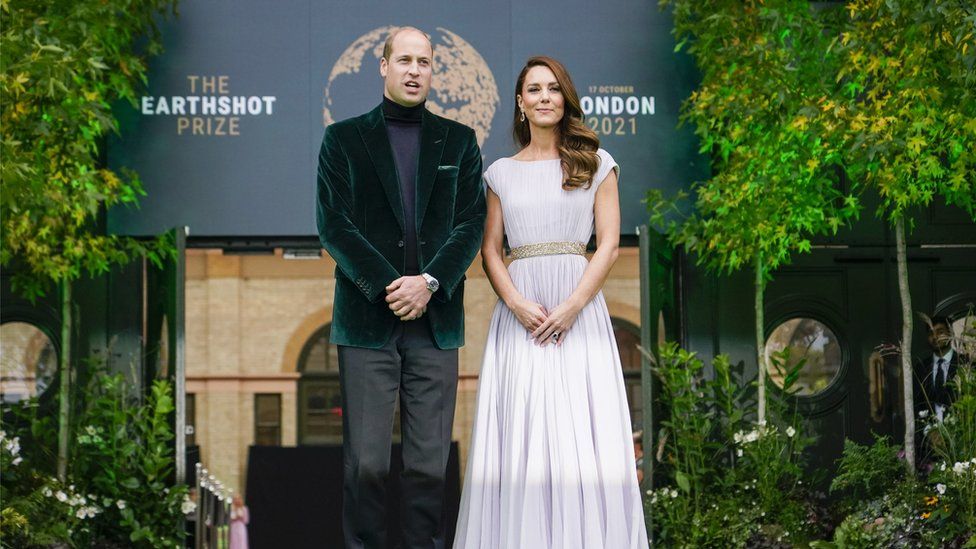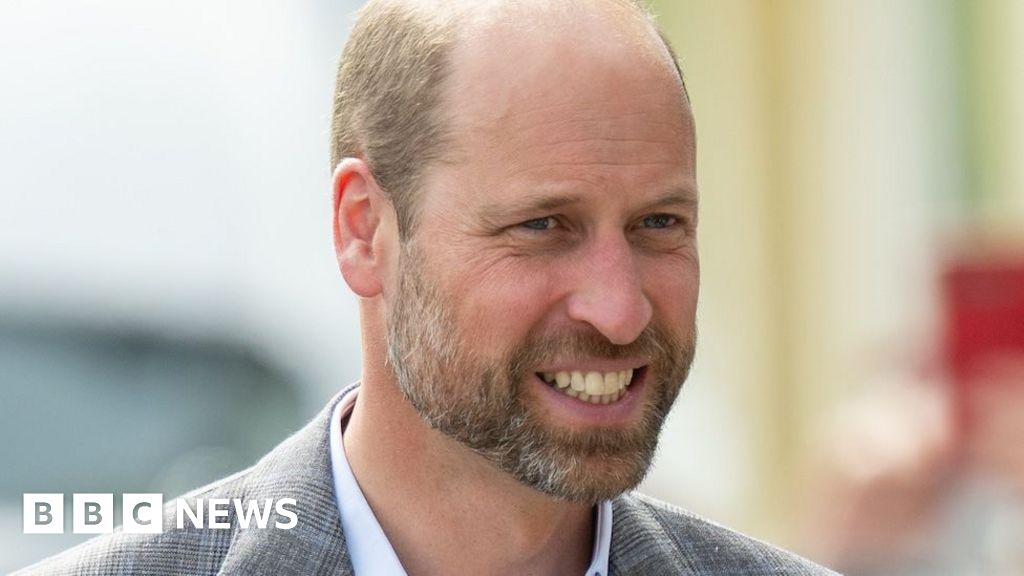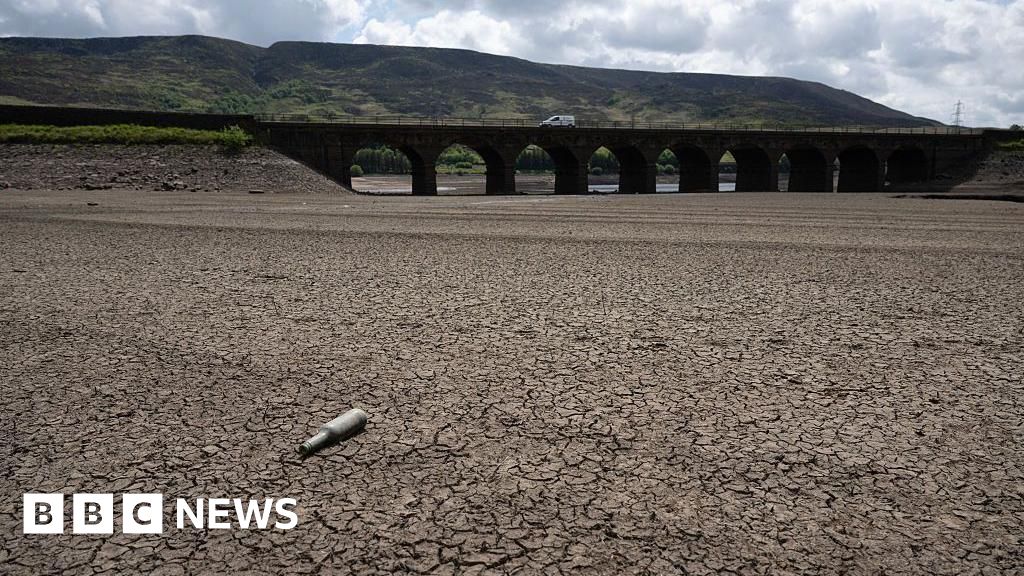ARTICLE AD BOX
 Image source, PA Media
Image source, PA Media
The Prince and Princess of Wales will meet the finalists and winners next month in Boston in the US
By Andre Rhoden-Paul
BBC News
The inventors of a bubble pump designed to catch plastics before they reach the ocean are among the 15 finalists in the running to win a £1m environmental award founded by the Prince of Wales.
The Earthshot Prize is given to innovative ideas for the environment.
Five winners will be announced in Boston next month - each will be given £1m to develop their projects.
Prince William unveiled the shortlist, saying there are "many reasons to be optimistic" about the planet's future.
He described the people in the shortlist for the prize - now in its second year - as "innovators, leaders and visionaries".
Prince William said: "They are directing their time, energy, and talent towards bold solutions with the power to not only solve our planet's greatest environmental challenges, but to create healthier, more prosperous, and more sustainable communities for generations to come."
The Great Bubble Barrier, from the Netherlands, sees air pumped through a perforated tube to create a curtain of bubbles, which brings plastic up to the surface and into a waste collection system.
Image source, PA Media
Image caption,LCM uses recyclable plastic waste to make traditional concrete blocks carbon zero
For the first time there are also finalists from the UK, including London start-up Notpla Hard Material, which makes packaging from seaweed and plants as an alternative to single-use plastic.
The company has already created a million biodegradable food boxes for online food ordering firm Just East.
Low Carbon Materials, from County Durham, uses unrecyclable plastic waste to make concrete blocks without carbon emissions.
"Until now, construction has been one of the hardest industries to decarbonise," said Dr Natasha Boulding, co-founder of LCM.
"With LCM, that could all change. We've turned concrete net-zero and now we need the world to start using it."
Other finalists include the City of Amsterdam Circular Economy group, which wants to see nothing wasted and everything recycled in the Netherland's capital by 2050.
Image source, PA Media
Image caption,Charlot Magayi set up a company providing cleaner and safer stoves in Kenya
Mikuru Clean Stoves, from Kenya, provides cleaner burning stoves to reduce unhealthy indoor pollution and a safer way to cook.
Charlot Magayi, who used to sell charcoal for fuel, started the initiative after suffering repeated respiratory infections due to charcoal and her daughter was severely burnt by a stove.
Her eco-stoves use processed biomass made from charcoal, wood and sugar cane, and claims they cause 90% less pollution than an open fire. She hopes to create an even cleaner version which burns ethanol.
Also nominated are Fleather, a leather made of floral waste in India; Hutan which creates wildlife corridors for orangutans in Malaysia; Oman-based 44.01 who eliminate CO2 by mineralising it in rock, and the Indigenous Women of the Great Barrier Reef group from Australia who use a mix of ancient knowledge and digital technologies in their efforts to protect the land and sea.
Prince William, accompanied by the Princess of Wales, is set to meet the finalists and winners at the awards gala on 2 December.
The Earthshot Prize will see £50m handed out over 10 years.
Image source, The Great Bubble Barrier
Image caption,The Great Bubble Barrier uses bubbles to trap and remove plastics from waterways
There are five categories: protect and restore nature, clean our air, revive our oceans, build a waste-free world, and fix our climate.
Last year's winners included a project in Costa Rica paying local citizens to restore natural ecosystems and an India-developed portable machine that turns agricultural waste into fertiliser.

 2 years ago
66
2 years ago
66








 English (US) ·
English (US) ·